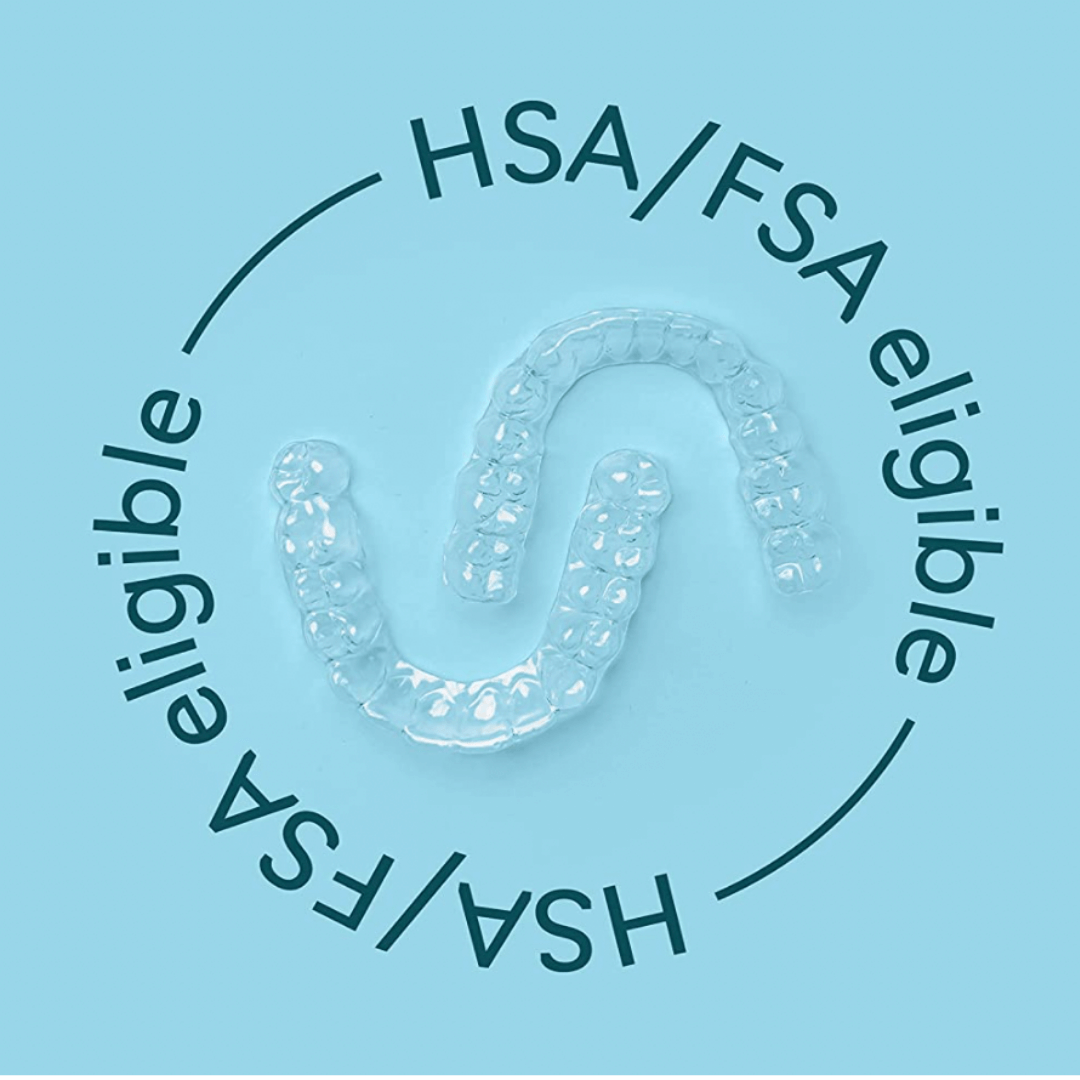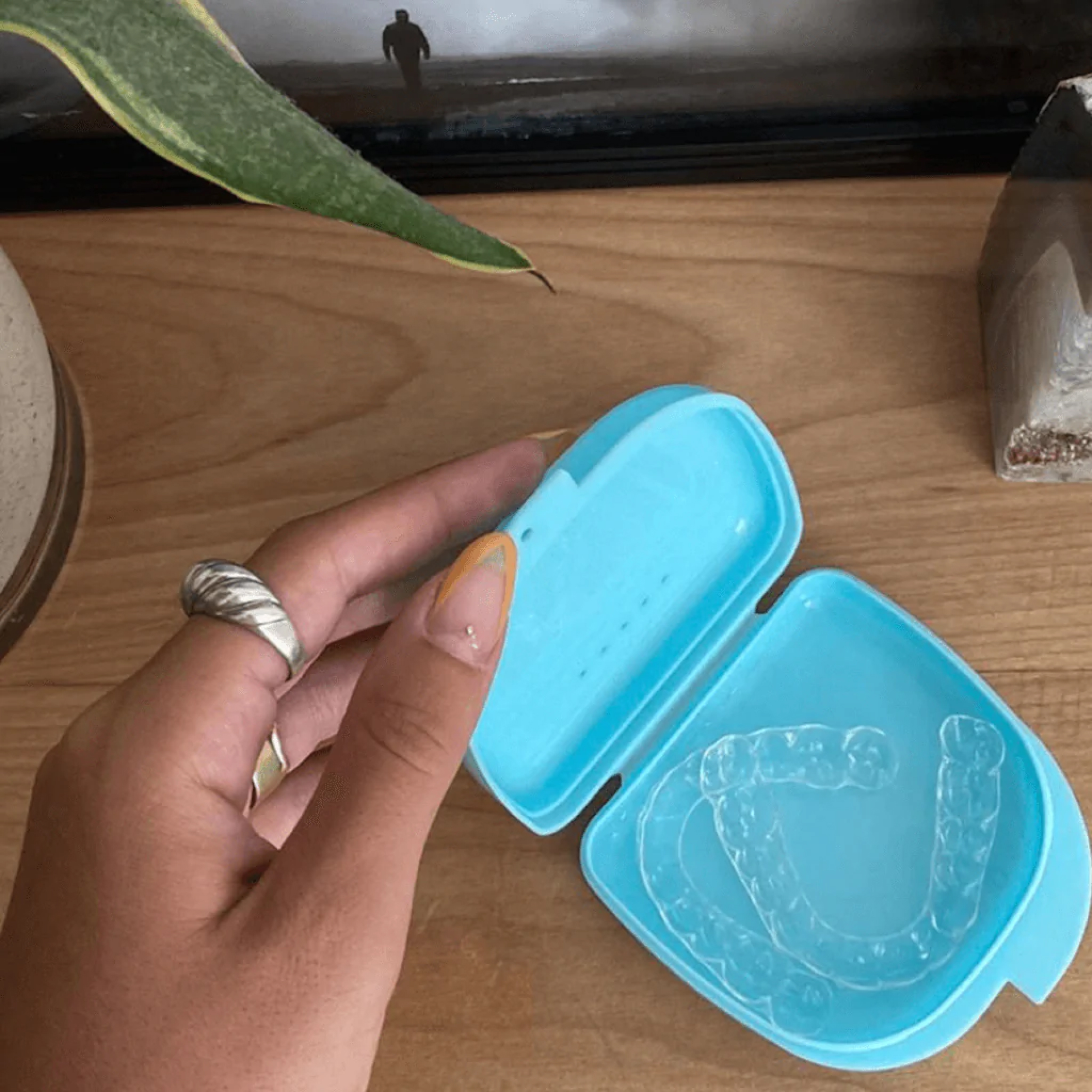How Long Should a Custom Night Guard Last?
A custom night guard is an essential tool for individuals who suffer from bruxism—the unconscious grinding or clenching of teeth during sleep. Night guards serve not only to protect your teeth and jaw but also to improve your overall sleep quality. With that in mind, you may find yourself wondering how long a custom night guard should last. This depends on several factors, including the quality of the material, the frequency of use, and the severity of your bruxism.
In this article, we will delve into the purpose of a custom night guard, the factors that affect its lifespan, recognizing when it's time for a replacement, and how you can extend its life through proper care and maintenance.
Understanding the Purpose of a Custom Night Guard
Before discussing the lifespan of a night guard, it's essential to understand its primary uses and benefits. A high-quality custom night guard offers several advantages for people with bruxism and related symptoms.
Bruxism, or teeth grinding, is a common condition that affects many people, both young and old. It can occur during the day or at night, but nighttime bruxism is particularly problematic because it can go unnoticed for a long time. If left untreated, bruxism can cause significant damage to your teeth, including enamel wear, tooth fractures, and even tooth loss.
A custom night guard provides a barrier between your upper and lower teeth, minimizing the risk of tooth damage and helping to preserve your smile. By wearing a night guard while you sleep, you can protect your teeth from the harmful effects of grinding and clenching.
Reducing Jaw Pain and Discomfort
Chronic teeth grinding and clenching can lead to jaw pain, headaches, and an uncomfortable condition called temporomandibular joint (TMJ) disorder. TMJ disorder can cause pain and discomfort in the jaw joint and the muscles that control jaw movement. It can also cause clicking, popping, or grating sounds when you open or close your mouth.
By reducing the stress placed on your jaw, a custom night guard can alleviate pain and prevent further complications. The night guard can help to distribute the forces of grinding and clenching more evenly across your teeth, reducing the pressure on your jaw muscles and joints.
Improving Sleep Quality
Bruxism can significantly disrupt your sleep, leading to restless nights and daytime fatigue. People with bruxism may wake up frequently during the night, have difficulty falling asleep, or experience other sleep disturbances.
Using a night guard can help reduce the symptoms associated with teeth grinding and clenching, allowing you to enjoy a better quality of sleep. By minimizing the impact of bruxism on your teeth and jaw, you can sleep more comfortably and wake up feeling more refreshed.
In addition to protecting your teeth, reducing jaw pain, and improving sleep quality, a custom night guard can also be customized to fit your specific needs. Your dentist can create a night guard that is comfortable, durable, and effective, ensuring that you get the most out of your investment.
Factors That Affect the Lifespan of a Custom Night Guard
Although every NIGHT_GUARD_NAME is different, several factors will inevitably impact the lifespan of your custom night guard. Understanding these factors can help you make better-informed decisions about maintenance, care, and eventual replacement.
Material Quality and Thickness
The type and thickness of material used in your custom night guard play a significant role in its durability. High-quality, thick materials typically last longer than thinner, less robust alternatives. It's essential to choose a sturdy, well-fitting night guard made from durable material to ensure the best protection and longevity.
There are several materials available for custom night guards, including hard acrylic, soft acrylic, and dual laminates. Hard acrylic is the most durable and long-lasting option, but it may not be suitable for those with sensitive teeth or jaw pain. Soft acrylic is more comfortable to wear but may not last as long as hard acrylic. Dual laminates combine the durability of hard acrylic with the comfort of soft acrylic, making them an excellent option for many individuals.
Frequency of Use
The more frequently you use your night guard, the faster it will wear down. Those who grind their teeth every night may need to replace their night guards more frequently than individuals with occasional bruxism. If you wear your night guard every night, it's essential to monitor its condition regularly and replace it as needed.
It's also important to note that wearing your night guard during the day can accelerate wear and tear. If you grind your teeth during the day, consider getting a separate daytime mouthguard to help extend the lifespan of your custom night guard.
Severity of Teeth Grinding or Clenching
The intensity of your teeth grinding or clenching will also affect the lifespan of your night guard. Those with severe bruxism may experience more rapid wear and tear, requiring more frequent replacements. If you have severe bruxism, talk to your dentist about whether a more durable material or a thicker night guard might be necessary to extend its lifespan.
It's also important to address the underlying cause of your bruxism, such as stress or misaligned teeth, to prevent further damage to your night guard and teeth.
Proper Care and Maintenance
Regular cleaning and proper storage of your night guard can significantly impact its longevity. With good care, a quality night guard might last several years. Neglecting proper care may lead to faster degradation and a need for more frequent replacements.
To clean your night guard, use a soft-bristled toothbrush and non-abrasive toothpaste to gently scrub away any debris. Rinse thoroughly with cool water and store in a clean, dry case. Avoid using hot water or harsh chemicals, as they can damage the material of your night guard.
It's also important to replace your night guard if it becomes discolored, develops a foul odor, or shows signs of wear and tear, such as cracks or holes. Regular dental check-ups can help you monitor the condition of your night guard and ensure that it's still providing adequate protection.
Conclusion
By understanding the factors that affect the lifespan of your custom night guard, you can take steps to extend its longevity and protect your teeth from the damaging effects of bruxism. Choosing a high-quality, durable material, monitoring its condition regularly, and practicing proper care and maintenance can all help ensure that your night guard lasts as long as possible.
Signs That It's Time to Replace Your Night Guard
Recognizing the warning signs that your night guard needs replacing is crucial to maintaining its effectiveness in protecting your teeth and jaw. Here are some telltale signs to keep an eye out for:
Visible Wear and Tear
Over time, you may notice visible wear and thinning areas on your night guard. This could be an indication that it's nearing the end of its usefulness and may no longer provide adequate protection.
Discomfort or Poor Fit
If your night guard becomes uncomfortable or feels loose, it may be time for a replacement. A poor fit can reduce the effectiveness of the guard and make it less comfortable to wear.
Cracks or Breaks
Inspect your night guard regularly for cracks and breaks. Any damage to the guard could affect its performance and put your teeth at risk. Replace your night guard promptly if you discover any structural issues.
Persistent Odor or Discoloration
Even with regular cleaning, a night guard may develop an unpleasant odor or discoloration. This could be a sign that bacteria have penetrated the material, making it essential to replace the guard to maintain proper hygiene.
How to Extend the Life of Your Custom Night Guard
To maximize the lifespan of your custom night guard, it's vital to practice good care and maintenance habits. This includes proper cleaning, storage, and regular dental checkups.
Cleaning and Storage Tips
Clean your night guard daily with mild soap and warm water, or as recommended by your dentist. Ensure it is completely dry before storing it in a vented protective case. Avoid exposing the night guard to extreme heat or cold, as this can damage the material and reduce its overall lifespan.
Regular Dental Checkups
Visit your dentist regularly to ensure your teeth and night guard remain in good condition. Regular checkups can help identify potential problems with your night guard and allow you to address them before they worsen.
Addressing the Root Cause of Teeth Grinding
Finally, addressing the underlying issues responsible for your teeth grinding and clenching will help minimize the need for a night guard altogether. Speak with your dentist or healthcare provider about possible treatments for anxiety, stress, sleep disorders, or other factors that can contribute to bruxism.
In conclusion, the lifespan of a custom night guard varies considerably based on various factors, such as the material, usage, and proper care. By understanding these factors and following the tips provided in this article, you can ensure that your night guard effectively protects your teeth and jaw, providing you with improved sleep quality and peace of mind.




